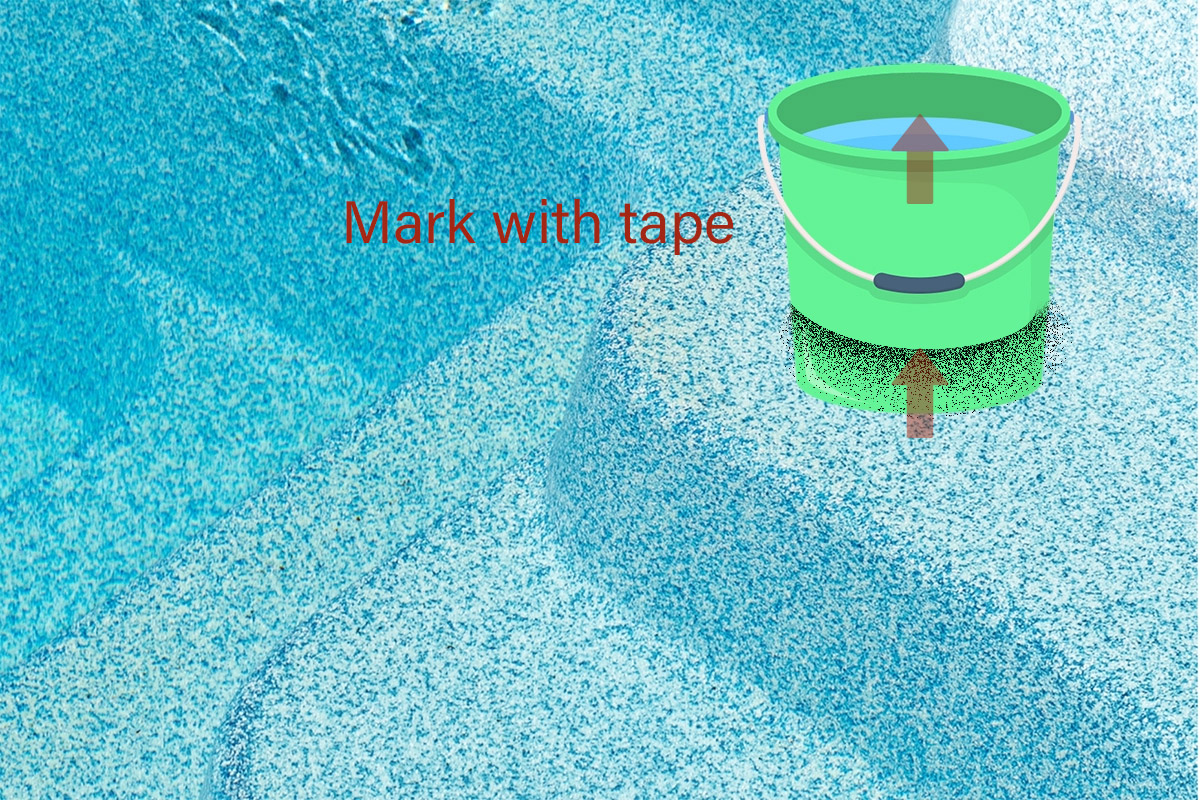Gold Coast / Brisbane
- Pool Maintenance
- Equipment Repair & Sales
- Pool Safety Inspections
- Pool Heating Solutions

Oct 11 2023
Council water rates on Gold Coast and Brisbane are rising every year. Many suburbs on the Gold Coast have had the water table upset by over-development. This means spear pumps may need to be using town water. Councils do not reimburse households even when the cause is often too many development approvals (DAs). This makes it essential to ensure your pool does not have any leaks.
If you are adding more than 5cm of water to your pool every week, it is worth repairing the leak.
Leak detection, whether it is a bathroom or pool is often a process of elimination. With slow leaks being the most difficult to detect. The following steps can help detect slow leaks-:
Look for any obvious signs of water leakage, such as wet spots, soft or soggy ground around the pool. Check for water accumulating in locations it normally wouldn't.
Ensure there is no obvious issue with your filter and pool pump.

source for bucket test: https://mikethepoolman.com/the-bucket-test/
Professional pool leak detection uses the use of specialise equipment to listen for sounds indicating a water leak, similar to plumbers leak detection. They apply pressure to the plumbing, then use a listening device. If soil conditions do not allow the use of a listening device a helium device may be used.
31/12/2025 A Story about Pool Safety »
07/08/2024 Pool Care Guide »
16/05/2024 Pool Covers »
26/12/2023 Changing or upgrading a swimming pool light »
07/07/2023 Swimming Pool Safety in the Tropics »
16/08/2022 How to compare shade sails »
06/11/2020 Onga Leisuretime Pool Pump »
29/10/2020 Pool Maintenance Gold Coast »
25/10/2019 A Clean Pool Doesn't Smell »
06/08/2018 How does rain effect swimming pool water? »
09/03/2018 What causes my pool to go green? »
21/11/2017 Astral Pools Variable Speed Pumps »
08/11/2017 Pool Safety Inspections Gold Coast »